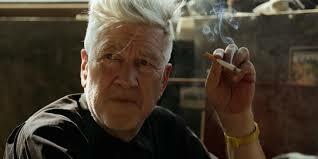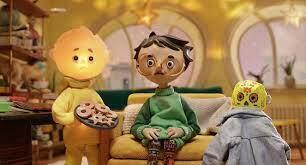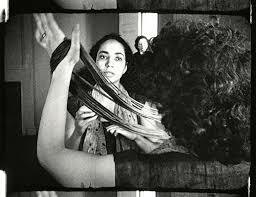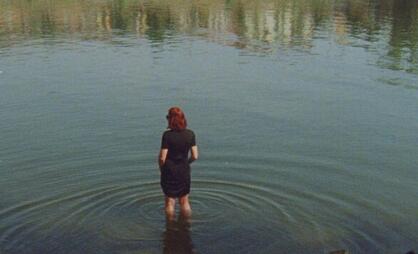Program under the auspices of the Embassy of the United States of America in Prague.
_ _ _
This year marks the centenary of the birth of György Ligeti (1923-2006), the Hungarian-Austrian composer who was one of the three composers who most influenced the musical development of the last third of the last century, along with the Frenchman Pierre Boulez (1925-2016) and the German Karlheinz Stockhausen (1928-2007). Ligeti's music is sometimes heard from cinema speakers, but his contribution to the history of film is of a very different kind to the cinematic achievements of Sergei Prokofiev, Dmitri Shostakovich or Darius Milhaud - classical modernists who understood composing for film as a full part of their work. Ligeti's contribution, by contrast, was more involuntary, even at first explicitly involuntary. The authoritatively "botched" beginning of the Ligeti/Kubrick relationship, however, was to become its artistic climax. We are thinking, of course, of the extensive, many-minute sequence in which astronaut Floyd penetrates the zone of the mysterious monolith while exploring the planet Jupiter - in 2001: A Space Odyssey (1965-1968), as well as all the previous scenes in which the monolith appears.
As early as 1961, a seminal work of post-war modern music was written: Ligeti's Atmospheres. "Here the author juxtaposes delicate sound bands with blurred melodic contours. The compositional work is replaced by soft music, dynamically but very strictly shaded" (Jiří Šafařík). In 1966, at the time when Stanley Kubrick had been filming his movie for several months, Ligeti's other famous "micropolyphonic" work is premiered: Lux aeterna - Light Eternal for sixteen solo a capella voices (four sopranos, four altos, four tenors and four basses). Stanley Kubrick used a recording by the Stuttgart Schola Cantorum under the direction of Clytus Gottwald.
The composer's mention of the film's exploitation of his work could hardly have been more laconic. In a book-length set of interviews with Eckhard Roelck (2003), he says: "I had a problem with the Peters music label because Stanley Kubrick used my music for his film 2001: A Space Odyssey without asking me. The music from Requiem, Lux aeterna and Atmosphères. Alfred Schlee, who published Atmosphères, wanted to help me and suggested a Berlin lawyer. The Peters publishing house didn't want to hear about it at first."
Stanley Kubrick's other two borrowings were then without legal carom. Ligeti's 1967 Lontano for large orchestra is heard in three scenes of The Shining. First, when Danny first sees the twins in the gambling hall, second, during a telepathic conversation between Dick and Danny, and third, when Danny and Wendy are playing in the snow and Wendy notices a broken telephone line. (In other passages of The Shining , then, the music of Ligeti's Polish contemporary Krzysztof Penderecki is heard mainly.)
Kubrick's Eyes Wide Shut returns several times throughout the film for the second moment of the eleven piano pieces Musica ricercata (1952). The composition dates from before Ligeti's emigration from Hungary and was motivated by the composer's deep hatred of Stalinism and the man who embodied it. This subtext is understandably absent from Kubrick's film, which is an adaptation of Schnitzler's 1925 novel Dream .
"Time and again I was referred to as a composer of sound colours. They opened the drawer of Sound Colour Composition, pushed me in, closed the drawer. So now I'm sitting there as a klangfarbenkomposer. But I'm resisting it vehemently. I don't think you can create anything with just sound color. I'm against all ideologies, all one-sidedness. Against one-sided ideologies in art. I believe that the only way to move forward is to be completely open to all new musical possibilities."
GyörgyLigeti










